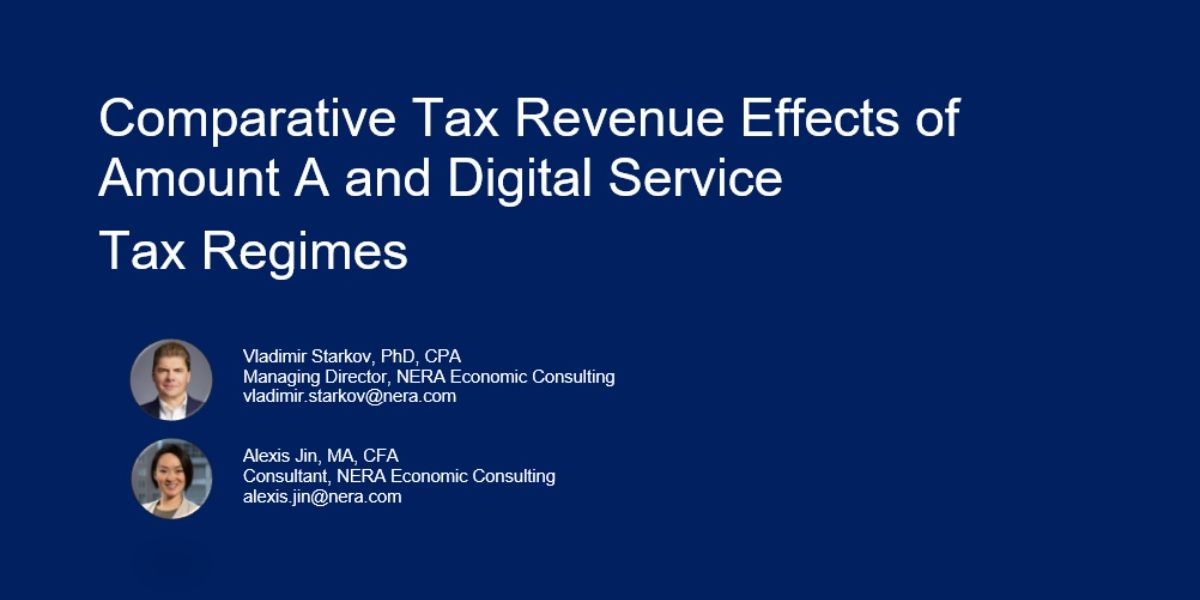On 22 September 2022 the OECD published an impact assessment of the International Academy for Tax and Financial Crime Investigation, based on an assessment carried out in 2021. The assessment looked at the impact on tax officials and on national tax and crime agencies.
The Academy was set up in 2013 to support international initiatives to combat tax and other financial crime by supplying practical knowledge and techniques to law enforcement authorities from developing countries. The Academy forms a key part of the OECD’s capacity building efforts in the area of tax crime, assisting developing countries to prevent illicit financial flows (IFFs) and promote domestic resource mobilisation.
Economies of countries worldwide are threatened by tax crime, corruption, terrorist financing, money laundering, and other financial crimes. These crimes can be combated through the promotion of transparency, robust legal frameworks, and domestic and international co-operation between law enforcement agencies. Illicit financial flows are particularly damaging to developing countries as they work to mobilise their domestic resources to fund sustainable development.
The need to combat tax and financial crime effectively has grown more urgent owing to the vulnerabilities arising from the COVID-19 crisis, the continued growth of cybercrime, and the use of professional enablers for criminal enterprises. Countries need to acquire the tools necessary to detect and prevent tax crime to support their domestic resource mobilisation.
Most investigators participating in the training reported that their relevant skills and techniques were enhanced by the instruction received from the Academy which could be incorporated into their daily work. They were also able to make contacts from other countries, in particular through the alumni network, which have helped to push forward international cooperation in preventing cross-border financial crime. Knowledge gained from the Academy could also be shared with colleagues in the home country tax administration through training or written communication.
In addition to training tax inspectors the Academy also has a positive influence on the institutions and procedures in the participating jurisdictions. Tax administrations and other government agencies can study how to improve their procedures and operational frameworks to strengthen the fight against tax evasion and other financial crimes. Improvements have been reported in enforcement measures such as the detection of crime, prosecution, asset recovery, interviewing and cooperation between government agencies.

















